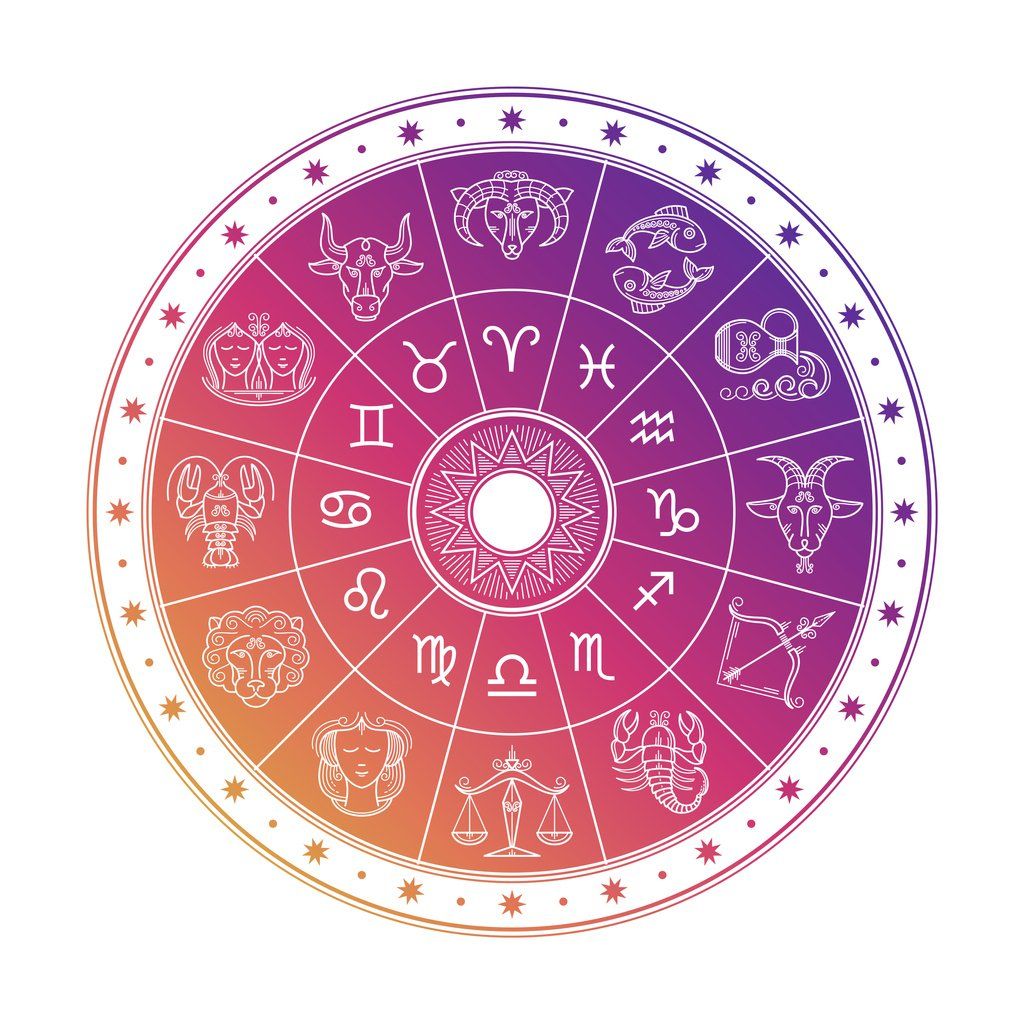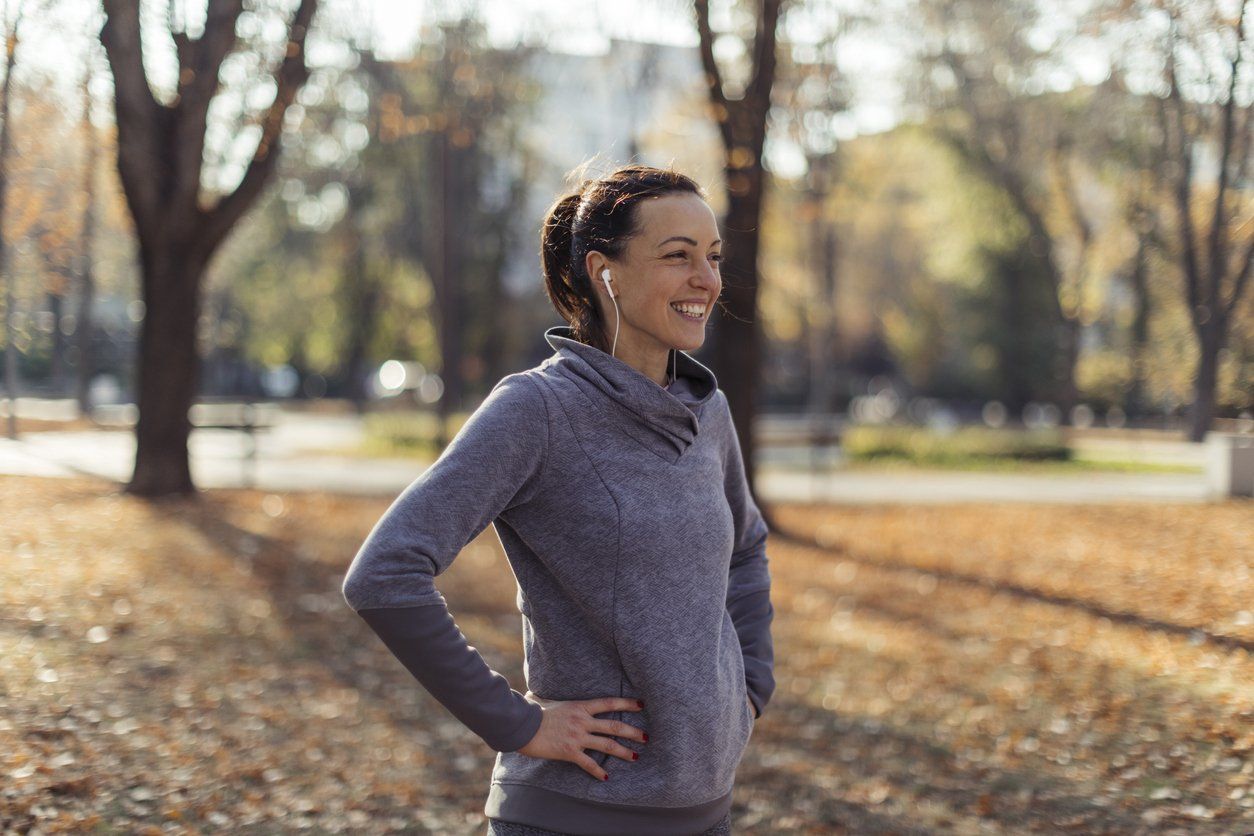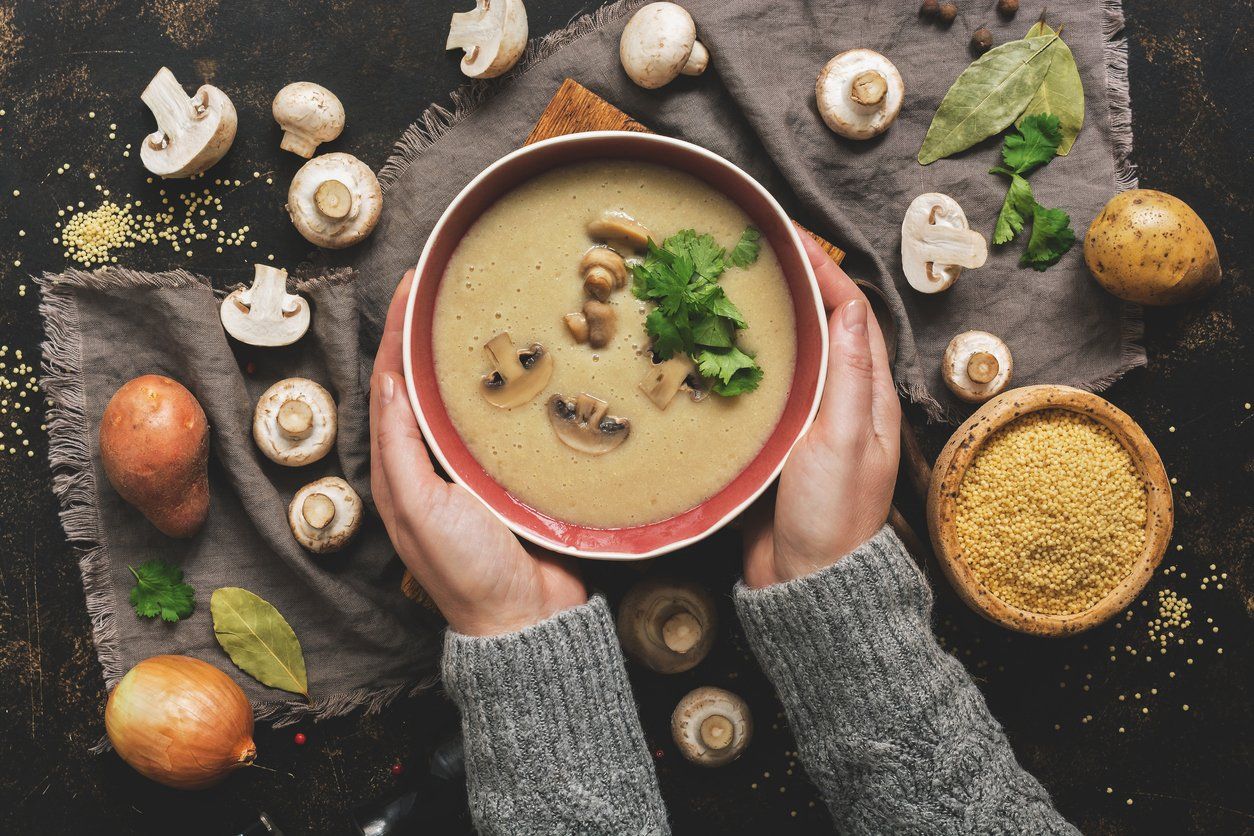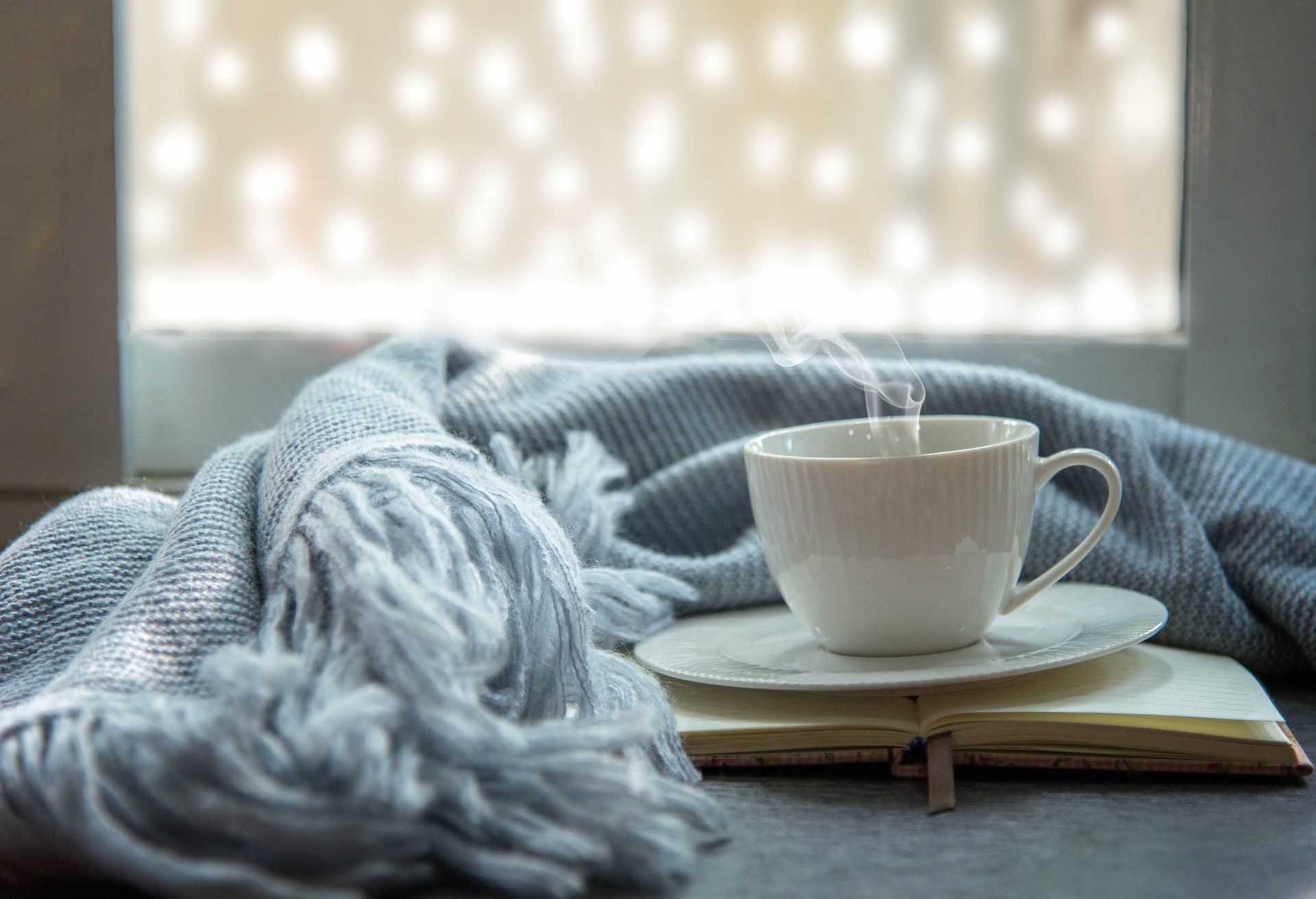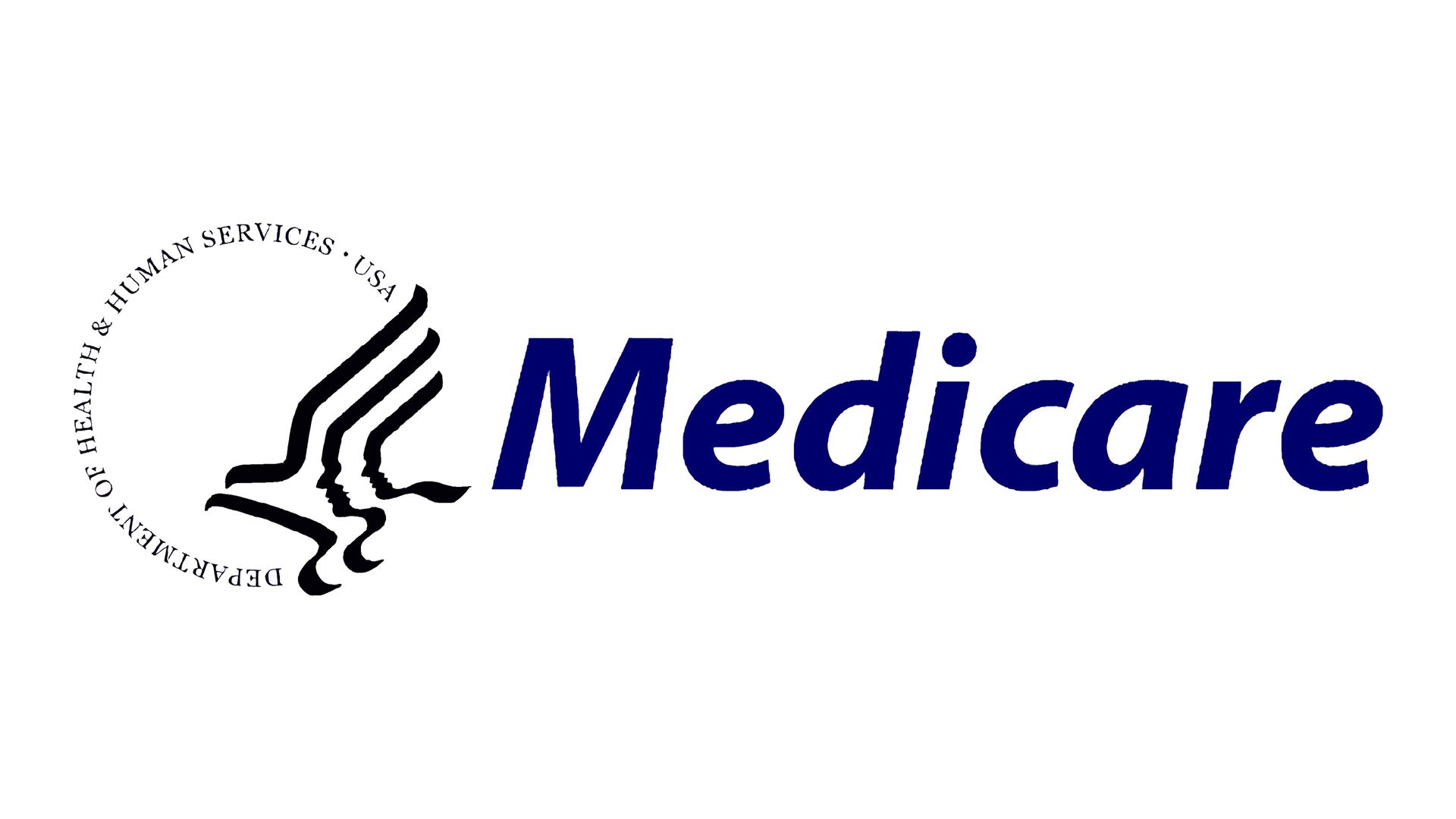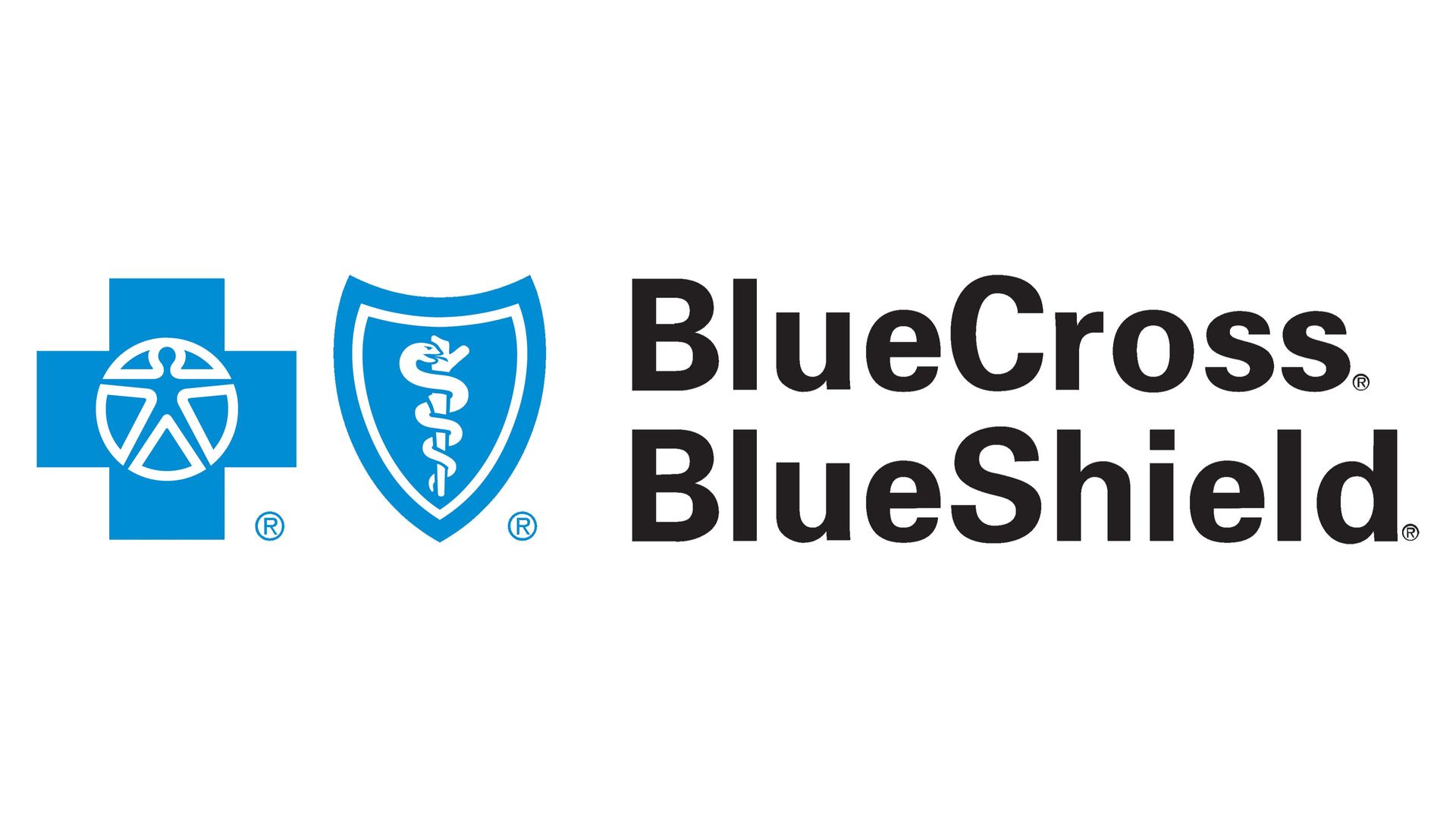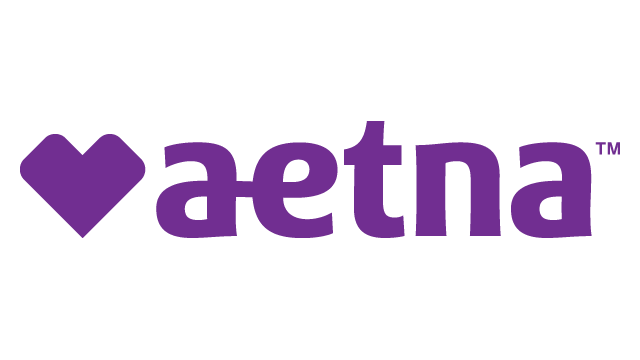Health Lessons from My Tomato Plants
Every spring and summer I spend lots of time on my back deck – planting flowers, herbs and veggies and watching them grow. Here are a few photos of my tomato plants – which started as seedlings from Whole Foods – and they have really taken off. As I spent time tending to them this last month, I realized that growing beautiful, healthy, huge, and soon to be prolific tomato plants is a lot like the recommendations I make for taking care of your body and health.
So what does growing tomatoes have to do with better health?
First, it is important to start off with a plant, or seed, that is organic/non GMO.
Why? Well, with an organic seed you have the assurance that the seed was not treated with synthetic pesticides. Unfortunately it doesn’t mean no pesticides were used, but many organic farmers use natural means of removing pests, although they may use “natural” chemicals. And even though organic might not mean no chemicals used, it does mean that you will be getting fruits and vegetables that are higher in antioxidants, which are important to stopping or slowing cellular damage to the body (think cancer fighters and slowing aging, both win win).
How this is similar to taking care of your body is that it is important to eat foods that are high in antioxidants and also reduce your own exposure to toxins. I can’t emphasize this point enough – here and below – that we have a lot of chemicals and toxins in our world that constantly bombard our bodies and tax our health. By eating organic foods, like starting with an organic seed, you give your body more antioxidants and thus will be better able to clear these toxins from your system.
Second, give your tomato plant good soil – and also compost!
Good soil for a tomato plant is akin to a peaceful and clean home/work environment. With patients, I sometimes need to talk about the conditions around their work and home – and if these conditions (toxic people, situations, workplaces) are creating stress in the body – or if there is mold, or some other toxin (chemicals, etc.) that their body cannot handle. I recommend non toxic cleaning supplies when possible – like vinegar and Bon Ami cleanser, and using natural, unscented laundry detergent. The fewer toxins you use around the house, the fewer your body has to contend with.
This year I’ve realized the secret of compost – as I’ve watched my plants grow 2 inches a day, sometimes (honestly). They were 4 or 5 inches high to start, now they are 24 inches or higher!!! We planted them in new, organic potting soil (50%) and compost (50%). The plants have multiple flowers on them and strong, thick stalks. And I’ve got a lot of tomatoes, more than 50 at my last count yesterday, on three plants (they are cherry tomatoes, so small ones).
Compost, for humans, is healthy, nutrient dense food. And in terms of Chinese medicine, it is tonic herbs that support the vitality of the body.
We all are not going to grow, at our adult ages, any taller. But we will continue to grow skin, hair, nails and bones. By providing nutrient rich foods we can stay healthy and strong, and it is very important if we are hoping to fall pregnant, and then have a healthy, strong baby (by having healthy follicles and sperm).
My tomato plants also love the sun. The sun provides light for plants to use in photosynthesis, which is the process of a plant converting sunlight to sugar molecules. Like the tomato plant we all need vitamin D. This can be supplemented – and for many folks in Chicago Vitamin D levels are low – but a little exposure to the sun goes a long way for many health conditions. If you do supplement with Vitamin D, I have a few recommendations. First, if you suspect your D is low, include more grass fed beef and eggs into your diet and spend a little more time in the sun (these are both methods to naturally increase D). And if you take fish oil, switch to Cod Liver Oil, which is naturally high in Vitamin D. If you do see your doctor after doing these methods and are given the recommendation to supplement with synthetic Vitamin D, make sure it is a product that includes K2, another vitamin, essential to you being able to absorb the D.
And finally, sufficient water – and drainage – is important to these plants. I water them almost every day, unless it has rained. I planted them in containers with holes in the bottom, so that any extra water can drain, but I also have a tray underneath, so that any extra water that drains out will be absorbed if the plant becomes dry during the day. Our bodies are just like these plants – we definitely need plenty of fresh, clean water, especially after an acupuncture treatment, or on a hot day, or when exercising. During an acupuncture treatment energy moves through the body and often times activates the body’s ability to remove waste. To help this process it is important to have plenty of clean water after treatment and of course every day.
Last but not least is drainage – I am committed to my tomato plants having no rot or mold from an inability to drain properly. Just like a plant’s roots can potentially mold when water is not allowed to flow properly, the human body can have a back up of waste when lymph or other fluid cannot flow properly. It is important for my patients to consider what they are putting into their body – especially instead of pure fresh water – and if they are accumulating waste, to do what they can to remove that waste. Methods I often recommend to help the body get rid of waste include dry brushing the skin, lymphatic massage and using supplements such as chlorella, milk thistle, Glutathione, NAC or magnesium. Another important way our body removes waste is through bowel movements – and if you are not having at least one bowel movement a day, this system could use some support.
I am excited for the rest of summer and the process my plants will go through and even more so I am looking forward to the all the amazing nutrients that my health and body will benefit from them, once they are devoured.
